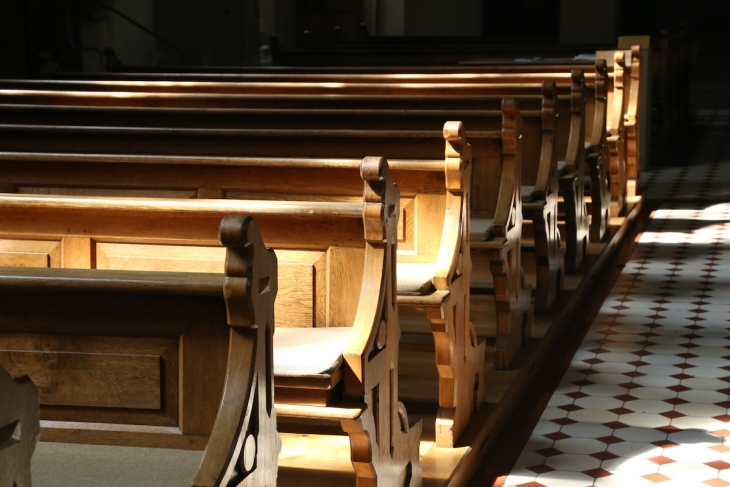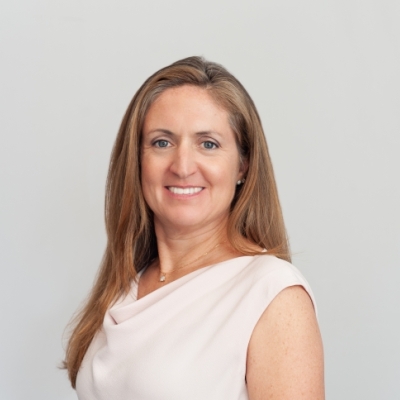As the nation works to stem the spread of coronavirus, American schools are bearing an enormous part of the burden. With as many as nine in ten schools now closed, almost overnight they have retooled to navigate a new era of large-scale distance learning in an effort to meet the academic needs of the dispersed students they serve. For America’s Catholic schools, the challenge of unprompted and unplanned distance learning is compounded by two other threats: a sharp drop in tuition payments from the families hardest hit by the downturn and the mass closure of the churches that hold our communities together.
One week into the school shutdown, it’s clear that the survival of these vital community institutions hangs in the balance. While traditional public and charter schools can navigate this crisis assured of a continued stream of public revenue, the urban Catholic schools that serve our nation’s neediest communities face a dramatic decline in revenue—not because parents don’t want to pay tuition but because they simply can’t.
The low-income families we serve are exactly the people hardest hit by the shutdown of small businesses, and by the loss of hourly jobs across our city and country. And we shouldn’t have to make them choose between meeting the basic needs of their families and choosing the faith- and values-driven education they so desperately want for their children.
Making matters worse, Catholic churches across the country have halted all public masses to curb the spread of the virus. That means that those who draw strength from their faith are truly isolated at a moment when they most need community.
These threats risk unraveling the already tenuous social fabric of some of our nation’s most economically challenged communities. We already have strong evidence that the decline in religious institutions has had a devastating impact on communities—increasing social isolation, destroying social capital and increasing so-called “deaths of despair,” like suicide, drug overdose and alcoholism.
In his 2019 book, Alienated America, author Timothy Carney described the growing divide between communities that are thriving and those that are dying. Specifically, he posited that the divide wasn’t between the “haves” and “have nots.” Rather, the difference between communities that are struggling and those that are thriving comes down to the strength of their community institutions and the strength of social capital and cohesion.
That’s why, in this moment when we are “social distancing” by need, we should be working overtime to preserve urban Catholic schools, which have proven to be vital, social-capital building institutions for nearly 200 years.
And so, as we consider the economic fallout of our coronavirus containment efforts, we must consider how to provide critical financial support to these vital, community-building institutions.
At Partnership Schools, we have taken three immediate steps to help our educational and spiritual community in this time of need: We waived all tuition and fees for our families for the duration of the school closure, we have committed to paying all our staff for the full duration of the school closure including hourly staff like teaching assistants and cafeteria workers and we have established a Family Relief Fund for any Partnership family in need of urgent financial support because of a lost job or unexpected medical bill.
But these short-term steps, like those taken by many other Catholic schools across the country to support their families, will only further exacerbate our already difficult long-term financial picture.
For those of us who lead urban Catholic schools, these triple threats—educational, spiritual and financial—are so daunting they are almost too terrible to give voice to in public. But if we fail to raise our voices now, we may find ourselves without one of the most important institutions in the civic fabric of our communities when this crisis is over.
Editor’s note: This essay was first published by the New York Daily News.




